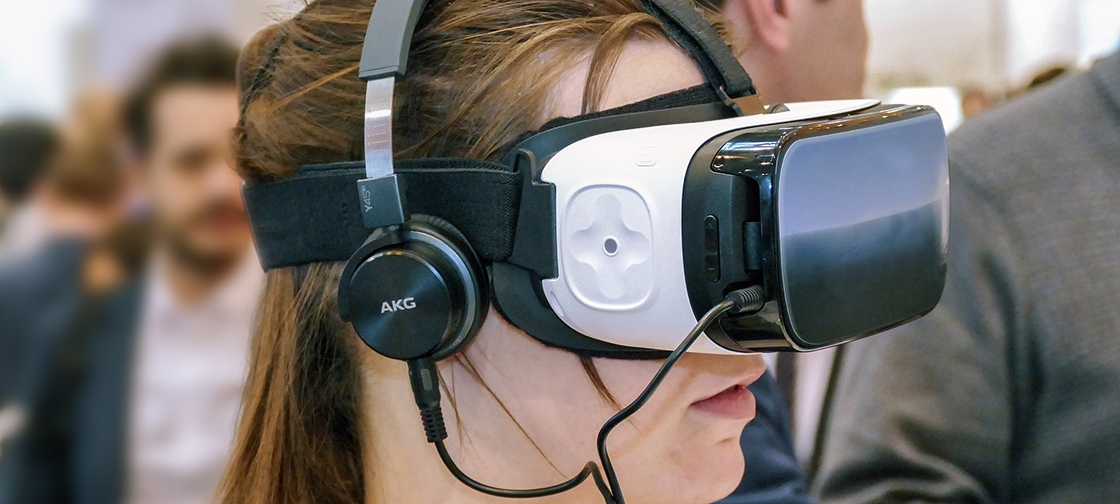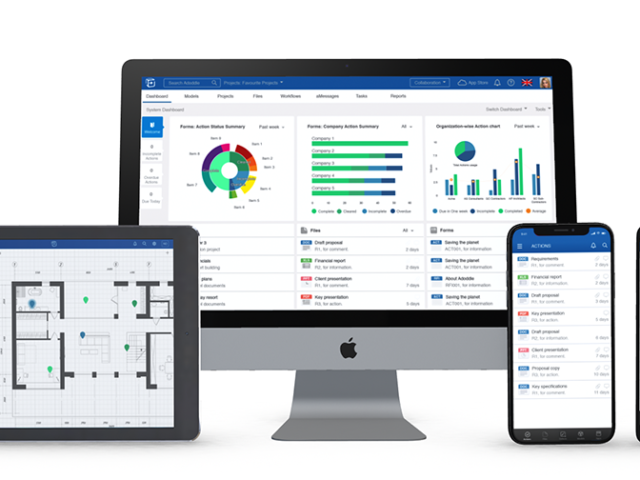Aiming to provide high quality, inclusive, and fair education to all people, in accordance with Goal 4 of the SDGs.
Fujitsu Limited and Kagawa University today announced that they have launched a trial study using technologies such as virtual reality (VR) and telepresence to promote understanding of disabilities and improve expertise in special needs education. With the cooperation of the Kagawa Prefectural Board of Education, the Shodoshima Town Board of Education, and the Tonosho Town Board of Education, Fujitsu and Kagawa University have embarked on a study with the goal of delivering inclusive education where everyone can learn together, regardless of whether or not they have a disability. The study will be conducted from November 20, 2018 through March 31, 2019, involving about 50 teachers and support staff at a total of five schools, including Shodoshima region elementary and middle schools involved in educating children with disabilities, as well as a high school where the special class instruction system was implemented beginning in the 2018 school year.
The study will also include the teachers and staff at an education center in Kagawa Prefecture that conducts research on education as well as training for those working in educational fields. The special class instruction system is regulated by the School Education Law. Under this law, children and students with disabilities receive the majority of their lessons with the rest of their grade level, but also receive special instruction between one and eight times a week in a separate classroom in order to improve or overcome difficulties due to their disability. For the 2018 school year, this system was extended from elementary and middle schools to include high schools.
In this study, three trials will be conducted, consisting of a disability VR experience, which uses VR to simulate the difficulties experienced by children with disabilities, training through remote observation of lessons, using a fully spherical camera capable of capturing 360 degrees video, and remote education consulting, which connects experts providing training with teachers on isolated islands through video conferencing. Ultimately, the trials aim to offer support for instructors that handle special classes by raising their expertise and deepening teachers’ understanding of disabilities. In addition to evaluating the effectiveness of these three methods, the study will also consider an effective ICT utilization model for inclusive education.
Credit: “Fujitsu and Kagawa University to Study Use of VR and Telepresence to Promote Disabilities Understanding and Improve Expertise in Special Needs Education“, Kagawa University, Fujitsu Limited.




